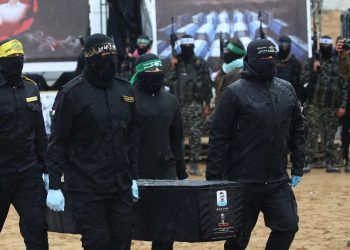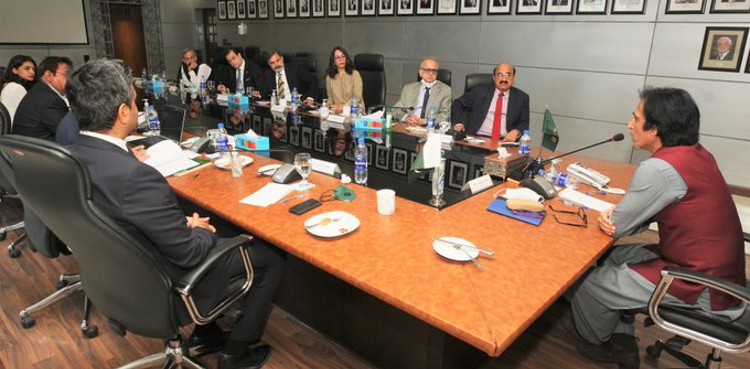Russian Foreign Minister Sergei Lavrov said Thursday that the Taliban do not control entire Afghanistan, adding that an armed resistance to the group is forming in the Panjshir Valley.
According to Lavrov, the resistance is backed by Afghanistan’s deposed vice-president Amrullah Saleh and Ahmad Massoud, the son of a slain anti-Taliban fighter.
“The Taliban doesn’t control the whole territory of Afghanistan,” Lavrov told reporters at a press conference in Moscow following a meeting with his Libyan counterpart.
“There are reports of the situation in the Panjshir Valley where the resistance of Afghanistan’s vice president Saleh and Ahmad Massoud is concentrated,” he said.
Lavrov also reiterated his call for an inclusive dialogue involving all political players in Afghanistan for the formation of a “representative government”.
The Panjshir Valley northeast of Kabul is Afghanistan’s last remaining holdout, known for its natural defences.
According to images shared on social media, Saleh and Massoud, the son of slain Northern Alliance leader Ahmed Shah Massoud, are pulling together a guerrilla movement to take on the Taliban.
Moscow has been cautiously optimistic about the new leadership in Kabul and is seeking contact with the Taliban in an effort to avoid instability spilling over to neighbouring ex-Soviet states.
While the United States and other countries rushed to evacuate their citizens from Kabul, Russia said its embassy will continue to function.
Russian foreign ministry spokeswoman Maria Zakharova told reporters on Thursday that the Taliban are “actively restoring order” and have demonstrated their “intent to dialogue”.
She said at her weekly press briefing that the group — known for its severe treatment of women — is “ready to take into account the interest of citizens, including… women’s rights”.
Earlier this week, Russia’s ambassador to Afghanistan Dmitry Zhirnov met with the Taliban in Kabul, hailing on state television a “positive and constructive” meeting.
The Kremlin has in recent years reached out to the Taliban — which is banned as an “extremist” group in Russia — and hosted its representatives in Moscow several times, most recently last month.













































